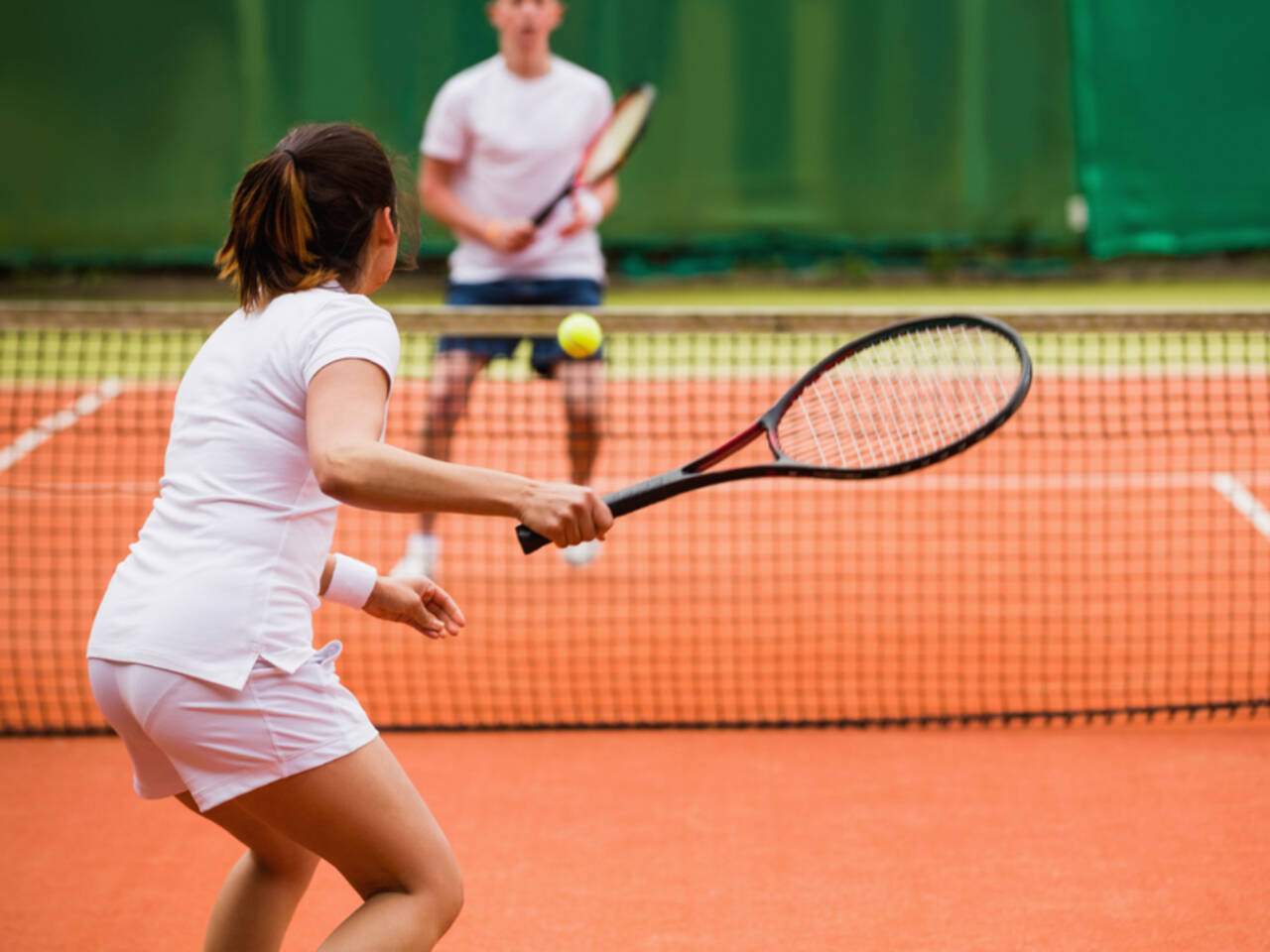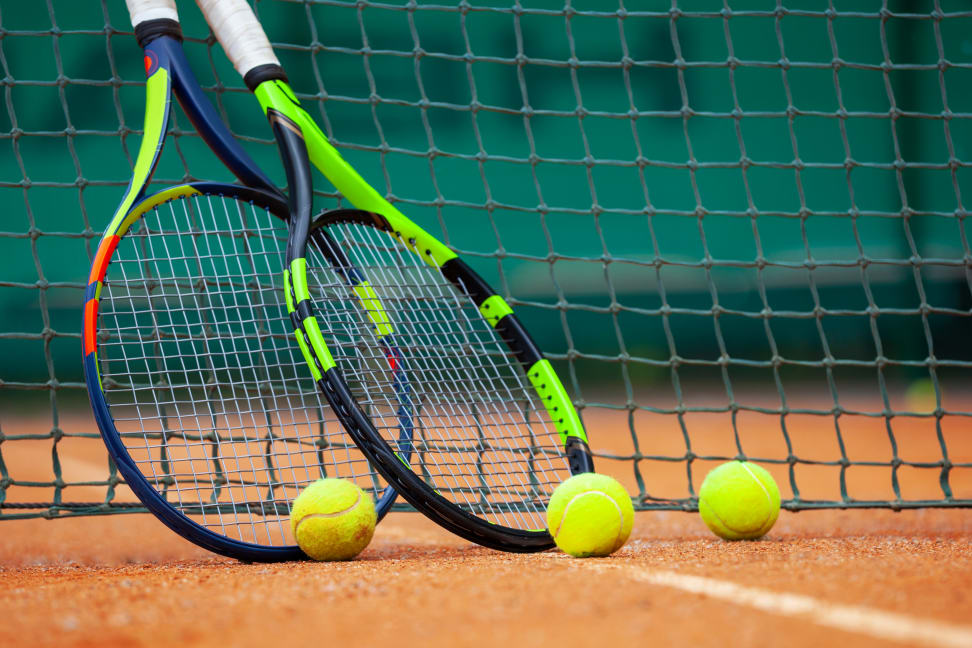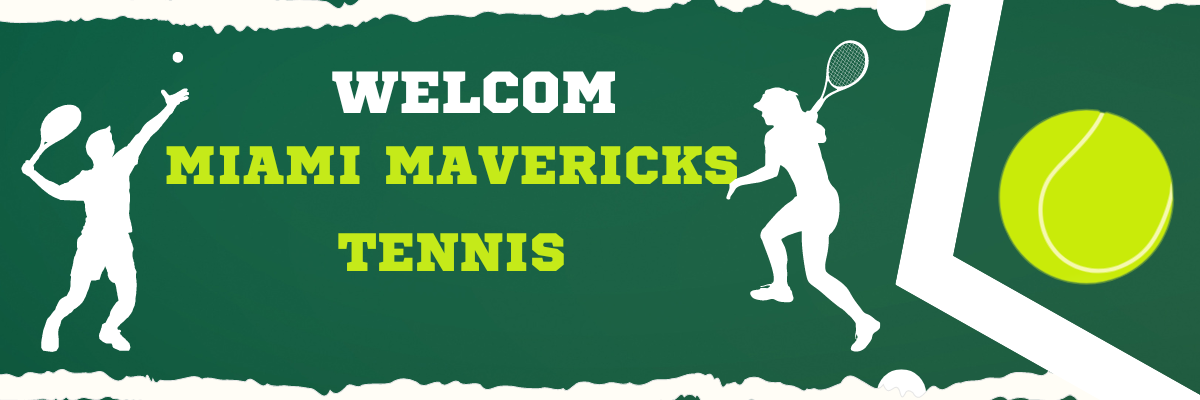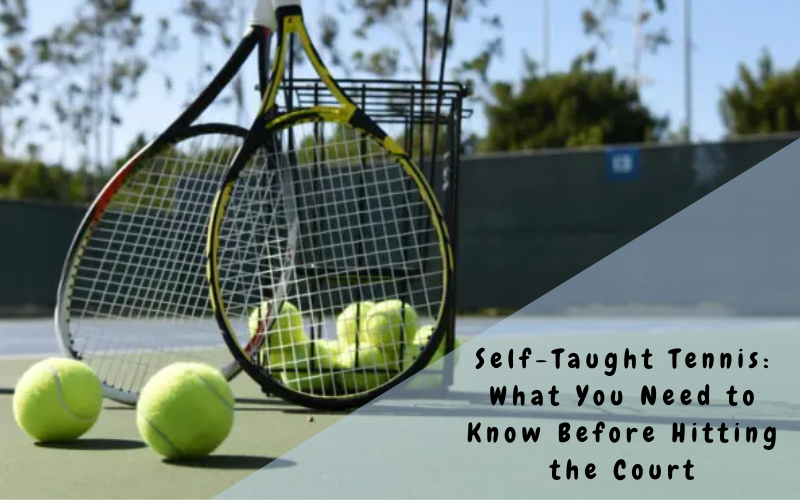Playing tennis has many advantages, including mental and physical wellness, as well as social interaction. However, some people may wonder if it is possible to learn tennis without formal lessons. The good news is that you can self-learn tennis, and this guide will provide you with comprehensive instructions. Keep reading to explore the article.
Table Of Contents
- How to Self-Learn Tennis: A Comprehensive Guide for Beginners
- FAQs
- How Challenging Is Tennis For Beginners?
- Is There an Age Limit to Start Learning Tennis?
- How to Teach Yourself Tennis
- How frequently should you practice tennis to improve your skills?
- How long does it take to become proficient in tennis?
- How to Learn Tennis in 3 Months?
- Can playing tennis against a wall be a good practice?
- Conclusions
How to Self-Learn Tennis: A Comprehensive Guide for Beginners
Fortunately, you can take on the challenge of learning to play tennis on your own. Here are some important factors you should consider before embarking on this journey.

Essential Equipment for Self-Learning Tennis
To play tennis effectively, it’s crucial to have the right equipment. This includes a tennis racket with a good grip, appropriate-sized balls, a net, breathable clothing and shoes, head and wristbands, water bottles, and storage bags. Additionally, it’s a good idea to invest in a tennis rebounder, especially for days when you don’t have practice partners available.
By having all the necessary equipment, you can improve your performance and enjoy playing tennis even when you’re practicing alone.
Master the Basics
To excel in tennis, it is crucial to learn the basic rules of the game. Tennis can be played between two or four players, where the objective is to hit the ball over a net and into the opponent’s court. Points are awarded to players when their opponent is unable to return the ball into the court. It is important to have a good understanding of the rules in order to play the game correctly and effectively.
Creating a Training Plan for Self-Learning Tennis
Which Is Better: Self-Teaching or Private Tennis Lessons?
When it comes to learning tennis, self-teaching can be a great option for many reasons. It allows you to save money, and gives you more flexibility in terms of time and location. You can also learn at your own pace without feeling rushed or pressured by a coach.
On the other hand, private lessons can be helpful if you prefer a structured approach and need more personalized guidance from a coach. However, private lessons can be expensive, and you may not always be able to keep up with the pace of the class.
Ultimately, the decision to choose self-teaching or private lessons depends on your learning style, budget, and schedule. Consider your goals and resources before making a decision.
Choosing the Best Learning Method for You
To become a better self-taught tennis player, you should consider different modes of learning that suit your preferences. Some may prefer learning through professional player tutorial videos, magazines, books, and news, while others may prefer practicing on the field right away.
It is crucial to choose suitable modes of learning that align with your preferred approach. Whether you prefer a theoretical or practical approach, it is up to you to decide what works best for your learning style.
How to Practice Playing Tennis with Partners on Court
To improve your tennis skills, it’s important to practice regularly on the court. Setting up cameras to record your practices can help you identify areas that need improvement. Additionally, practicing with a partner who is at the same level as you can help you enhance your techniques and motivation. Playing with a partner can also make your practice sessions more enjoyable and challenging.

FAQs
How Challenging Is Tennis For Beginners?
Tennis can be a challenging sport for beginners due to its emphasis on visual skills, hand-eye coordination, speed, and stability. These skills take time and practice to develop, and it’s common for beginners to struggle with them at first. However, with dedication and perseverance, anyone can improve their tennis abilities and enjoy the many benefits the sport has to offer.
Is There an Age Limit to Start Learning Tennis?
Are you wondering if you’re too old to start playing tennis? The good news is that there is no age limit to begin learning this sport. However, it’s important to have realistic expectations about your abilities and goals. If you start at a younger age, there may be more opportunities to build a strong foundation and potentially pursue a career in tennis.
On the other hand, if you start playing later in life, it’s important to set achievable goals and focus on playing at a level that is suitable for your age and skill level. Remember, it’s never too late to start learning and enjoying the game of tennis.
How to Teach Yourself Tennis
To become a competent tennis player, it is possible to teach yourself the sport. Many resources, such as tutorial videos, sports magazines, books, and free online classes, are available to help you learn the necessary skills.
However, it is important to remember that self-teaching requires dedication, discipline, and practice, and progress may be slower than if you were receiving professional instruction. It is also important to play with partners at the same level to improve your skills and boost your motivation.
How frequently should you practice tennis to improve your skills?
To get started, it’s recommended to practice one to two days per week to get comfortable with the sport’s intensity. As you progress, you can increase your practice time to three to five days per week, depending on your goals.
However, it’s important to listen to your body and be cautious of injuries, especially if you practice more than five days per week. Allow your body to rest and recover for optimal performance in future sessions.
How long does it take to become proficient in tennis?
The amount of time it takes to reach a specific level in tennis depends on your goals. To become a professional player, it can take between five to ten years of intense training. Professional players often spend years perfecting their skills to become successful in the industry.
However, if you aim to improve your skills and reach intermediate levels, it typically takes around a year of regular practice.

How to Learn Tennis in 3 Months?
If your goal is to achieve a basic level of proficiency in tennis, you can certainly make significant progress in three months with consistent practice. However, the amount of progress you make will depend on various factors such as your natural ability, the amount of time you can devote to practice, and the quality of your training.
To make the most of your three-month training period, you should aim to practice for at least two to three hours per day, four to five days per week. Consistency is key, so try to maintain a regular practice schedule and focus on developing your fundamentals such as footwork, forehand and backhand strokes, and serves. With dedicated practice, you can make impressive strides in your tennis skills within a relatively short period.
Can playing tennis against a wall be a good practice?
Playing against a wall can have its benefits and drawbacks. One of the significant advantages is that it is an affordable way to practice tennis without joining clubs or taking private lessons. You don’t need partners or a court to practice, as all you need is a wall to hit the ball against, making it convenient to practice whenever you want. It can help you enhance your skills, such as improving your footwork, ball control, and coordination.
However, practicing against a wall for extended periods can become tedious if done continuously. It’s crucial to mix up your practice routine by playing with partners or practicing on a court to keep your game dynamic and enjoyable. Additionally, practicing against a wall does not provide the same experience as playing an actual game, and you may struggle with adjusting to the varied shots and movements of an opponent.
Conclusions
In conclusion, we hope that we have successfully addressed your concerns about learning tennis without taking lessons. As we have mentioned earlier, it is possible to teach yourself tennis with the right motivation and resources.
We appreciate your attention and interest in this article. Thank you for reading until the end, and we hope that you found the information helpful.
Best of luck on your tennis journey, and we look forward to seeing you improve and achieve your goals in the sport!

